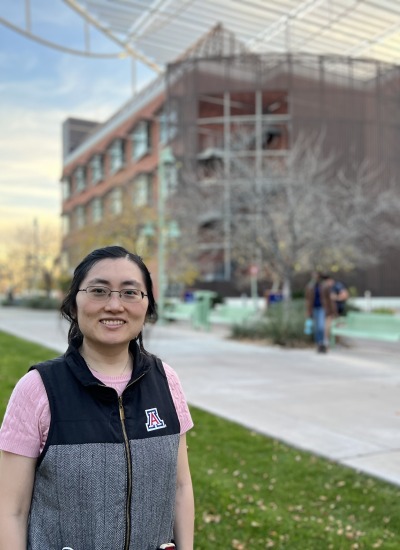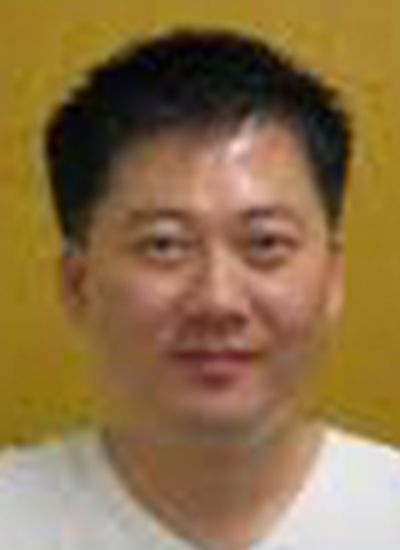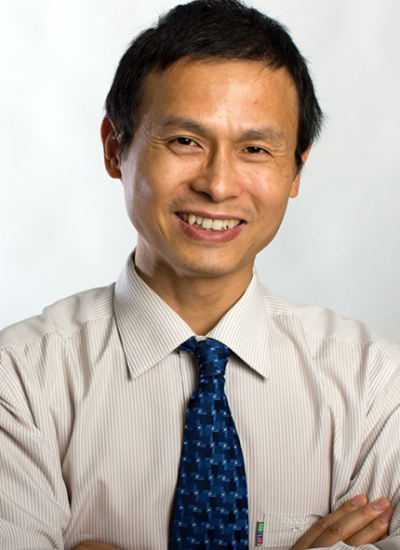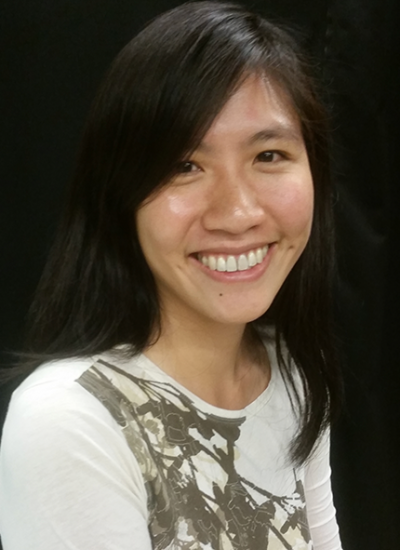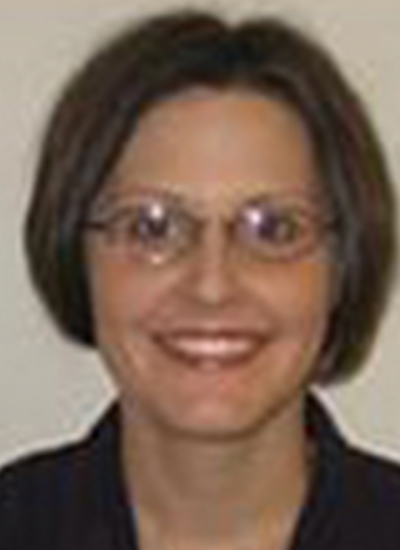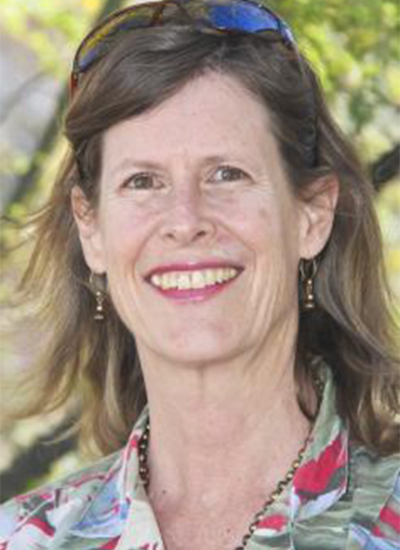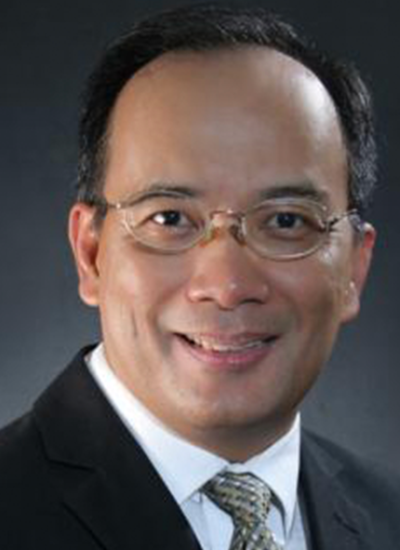Shang Song
Work Summary
Using engineered biomaterials and cell therapy, my lab develops organ-on-chip systems and artificial implantable organs/devices for diagnostics and therapeutics. I focus on student-centered teaching with hands-on learning experience. I'm a strong advocate for women, URM, first-gen, and non-traditional students (veterans) in STEM education.


